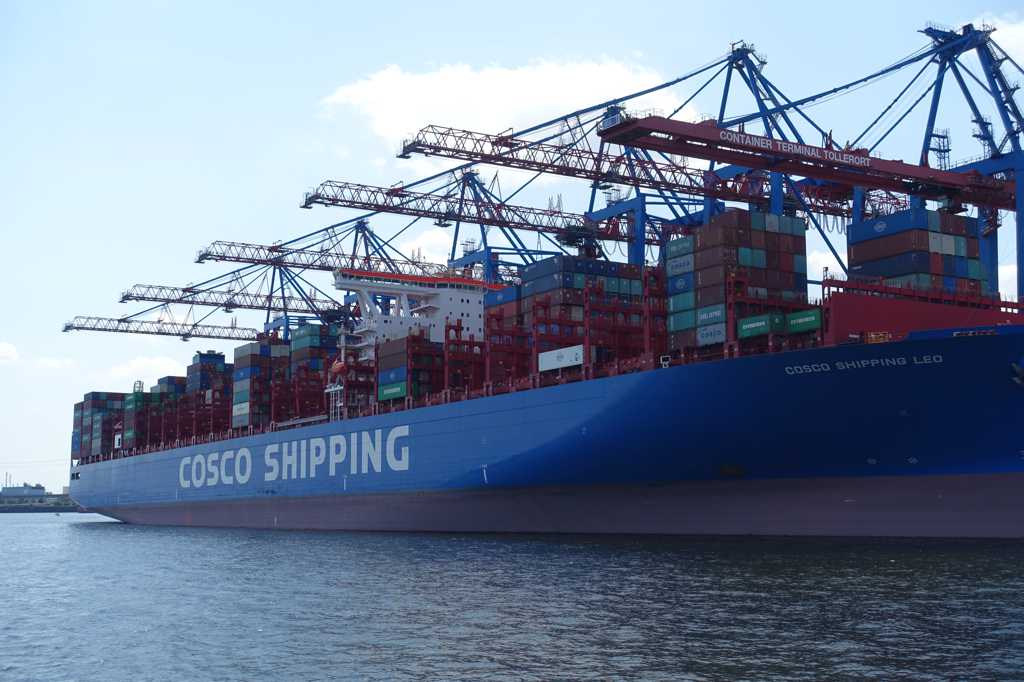Burning dirty fuels without exhaust gas cleaning must no longer be profitable / Important for climate, but also for air quality in cities / Targeted support for innovation
Next Tuesday, the European Parliament is facing a historic decision. After more than ten years of discussion, shipping is to be included in the EU’s emissions trading system. The European Parliament, the representatives of the Member States and the Commission already agreed on the details at the end of last year. "Ships often use very dirty fuels, the so-called 'bunker fuels', which can be considered as waste in the refineries. Since there are also hardly any effective gas cleaning systems, this is not only a problem for the climate, but also for air quality in cities along rivers or coastal cities. Although far-reaching measures have been implemented to reduce emissions from cars, cities sometimes fail to meet air quality standards because ships spoil the balance. For ten years, the European Parliament has thus been fighting for the inclusion of shipping in emissions trading," explained Peter Liese, environmental policy spokesman for the largest group in the European Parliament (EPP, Christian Democrats) and rapporteur for the reform of emissions trading system (ETS).
The agreement reached is also a huge step towards achieving the European climate targets in 2030: the ETS for shipping will contribute about twice as much as the controversial regulation on CO2 limits for passenger cars (ban of the internal combustion engine). For the first time, a sector will be receive special support from the revenues. 20 million certificates will be made available within the Innovation Fund for the sector, i.e. for environmentally friendly ships and corresponding infrastructure in the ports. However, the companies concerned can also participate in the general calls under the Innovation Fund. In addition, there is an obligation for the member states to use all ETS revenues in a targeted manner. After this step was initially very controversial, in recent years not only environmental associations and experts but also industry have supported its inclusion in the scheme. Different representatives of the maritime sector welcome the result:
Reinhard Lüken, Managing Director, German Shipbuilding and Oceans Industry Association (VSM) and Chairman of the Market & Trade Committee at SEA Europe: “We applaud the EU’s determination to implement climate-neutral shipping with ETS as its cornerstone. Now, the next step is key: we must cater for the necessary investments to build the most energy efficient fleet for Europe that is ready to use renewable fuels and to scale up renewable fuel production and logistics. Many ships in coastal trades in Europe are old and will need to be replaced soon. To get GHG-emissions down practically the ETS needs to be complemented by a dedicated investment and fleet renewal programme for future-proof ships made in Europe. This should support in particular smaller vessels and ferry services which are not yet covered by ETS.”
Isabelle Rybost, Secretary General of the European Sea Ports Association (ESPO): “We recognise the agreement on the maritime ETS as an important step towards greening the shipping sector, but stress that the success of the system will depend on avoiding the evasion of shipping lines to ports outside the EU that would create carbon and business leakage. Effective and preventive action to address evasion must therefore be part of the ETS implementation, alongside with dedicated funding to support greening in maritime and ports.”
Faïg Abbasov, Shipping Programme Director at Transport&Environment: “Maritime ETS is a good progress in the right direction. It is long overdue for shipping polluters to pay for their emission. The Commission must now be quick to put in place rules to finance innovative maritime fuels and technologies from the Innovation Fund. The focus should be on green hydrogen-based fuels. Because that is where the future is.”



